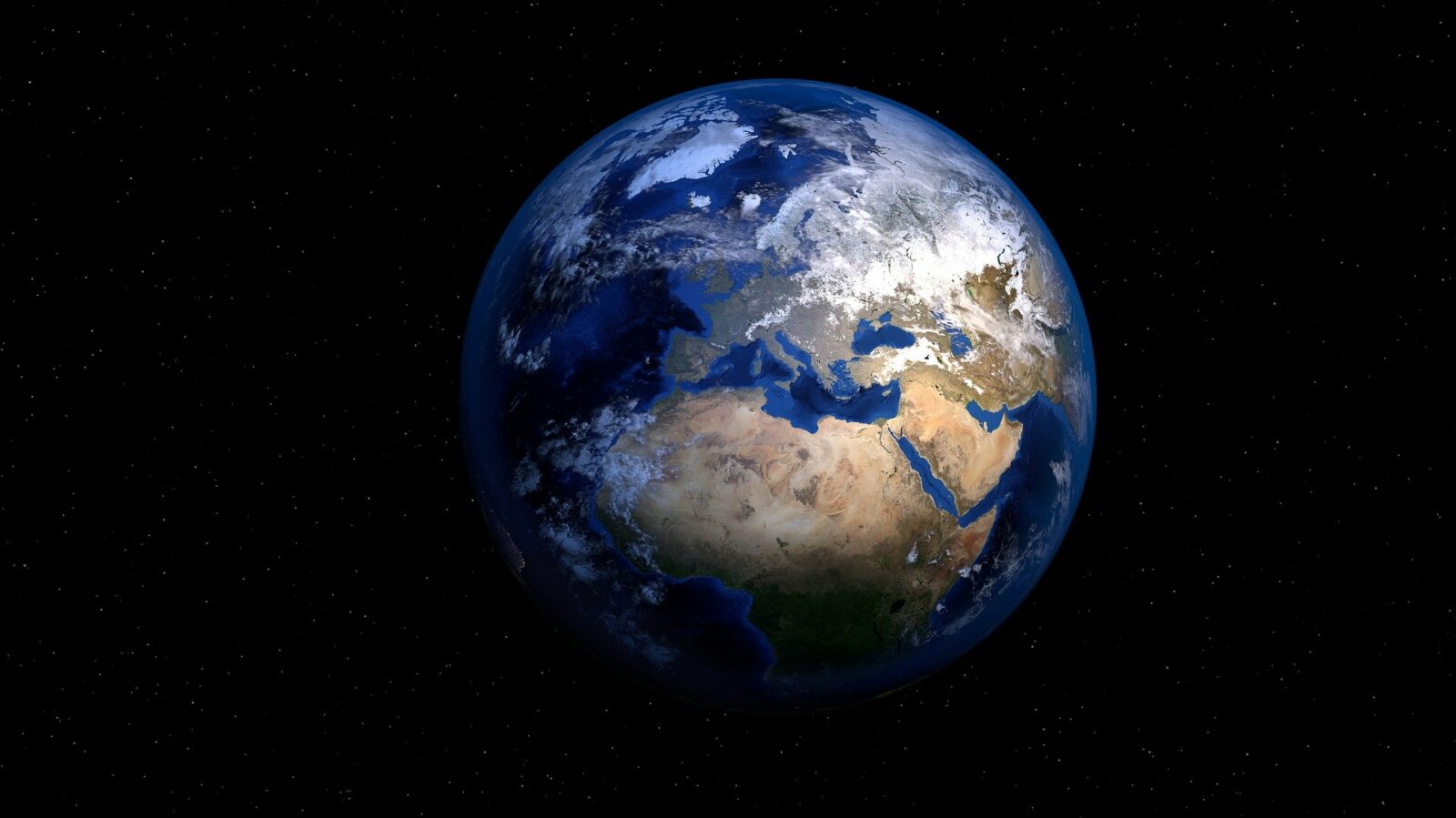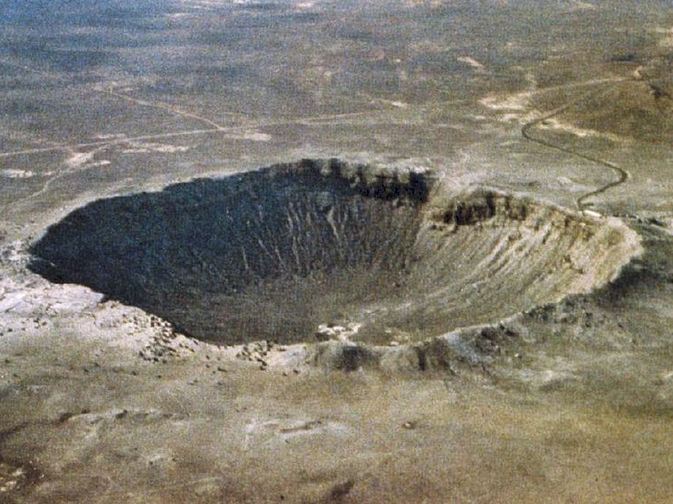During the previous 24 hours, more than 720,000 hours of video were posted to YouTube by users. Physicist Melvin Vopson’s estimates a few years ago suggest that this actual quantity of visual material, together with half a billion tweets, hundreds of emails, billions of WhatsApp conversations and all the other bits and byte information we’ve produced, might be making our world a little heavier.
Without a lot of proof, it’s a radical idea that is unlikely to be embraced. Using antimatter explosions, Vopson has suggested an experiment that might help scientists realize that information may not only have weight, but that it may also be a novel state of matter.
An information theory is a difficult idea to grasp. In the realm of non-digital stuff, such as particles’ properties, we may readily picture downloading a code of ones and zeros that instructs our computer as to what sounds and visuals to show.
The degree of order and energy fluctuations that make up a system, for example, may be described using this concept. Physicist Rolf Landauer predicted in the early 1960s that deleting information from any system would need just a little change in the energy required to do so. However little it may seem, the relationship between information loss and heat radiation is crucial, and its repercussions are far-reaching.
Landauer’s argument has been supported by experiments down to the quantum level, indicating that the basic quantity of energy involved with information transformation has at least some validity.
Einstein’s calculation also suggests that a core change in energy equates to a mass shift, which means that all of the information we produce each and every day gives a little bit more mass to Earth.












Leave a Reply